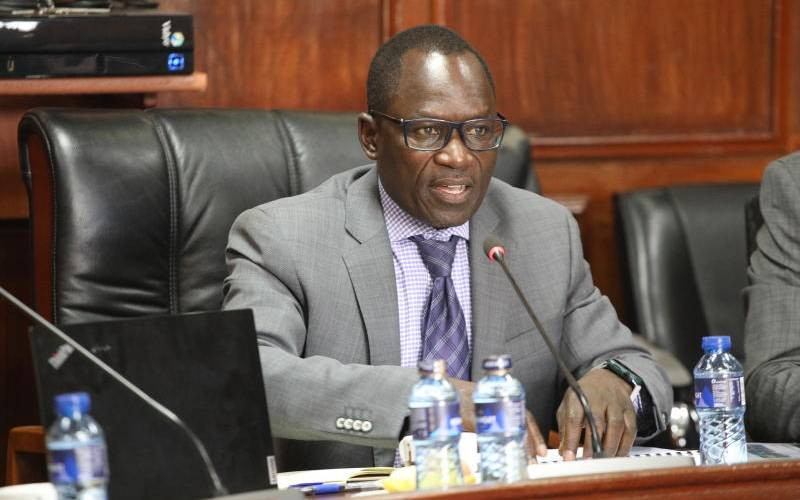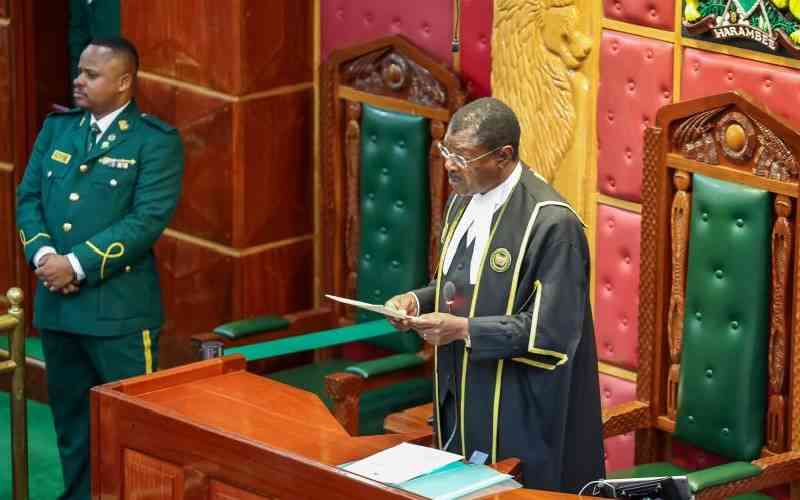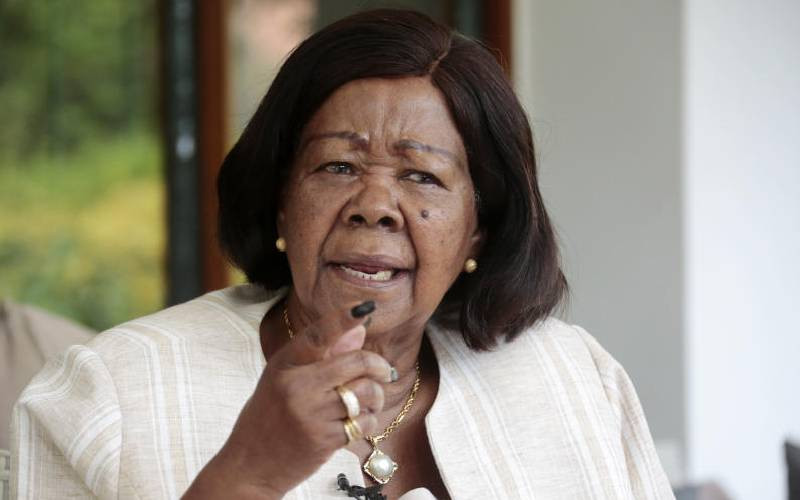
The government has denied that it intends to muzzle freedom of expression following the recent outcry on social media.
Through the National Intelligence Service (NIS), it noted that freedom of speech was guaranteed in the constitution through disinformation as a threat to national security.
The agency Director General Noordin Haji said the proliferation of information and disinformation campaigns exacerbated by the use of AI-generated content has waged a war against truth, with governments being the biggest targets.
Haji said the recent developments on various technological fronts, including social media and the emergence of digital activism, have escalated the threat to new levels.
Haji flagged the increased use of social media to spread fake news, disinformation, misinformation which has led citizens to become ill-informed that pose a threat to insecurity to the country.
The move comes after Haji and the Chief of Defense Forces General Charles Kahariri called out the spread of ‘Ruto Must Go’ slogan on social media network’s which they said pose a threat to national security.
“NIS is not trying to muzzle free speech and the right to freedom of speech at all but we are concerned about the threat to the use of social media to spread disinformation that may plug the country to insecurity,” said Haji.
Speaking in Naivasha during the closing of the 2nd Mashariki Cooperation Conference, Haji said the agency will partner with other African countries to streamline efforts to counter illicit financial flows by disrupting the influence and prevalence of transnational organized crime.
The DG said the conference brought together over 50 heads of intelligence services committed to sharing intelligence briefs that will help respond to emerging threats to security on the continent.
Additionally, Haji said security agencies will also collaborate to address the threats of climate change to environmental security developing sustainable policies and robust legislation.
On his part, Prime Cabinet Secretary Musalia Mudavadi called on the Intelligence community to foster unity on the continent to secure peace, stability, and prosperity.
Mudavadi called collective security approaches including intelligence, knowledge, sharing, and collaborations in addressing emergent transnational security challenges such as digital frontier threats, violent extremism and terrorism, human and drug trafficking and money laundering.
“Intelligent services extend beyond mere responses to threats to involve early warning systems that enable anticipation of potential dangers and offer timely, actionable insights to policymakers," said Mudavadi.
 The Standard Group Plc is a multi-media organization with investments in media platforms spanning newspaper print
operations, television, radio broadcasting, digital and online services. The Standard Group is recognized as a
leading multi-media house in Kenya with a key influence in matters of national and international interest.
The Standard Group Plc is a multi-media organization with investments in media platforms spanning newspaper print
operations, television, radio broadcasting, digital and online services. The Standard Group is recognized as a
leading multi-media house in Kenya with a key influence in matters of national and international interest.











